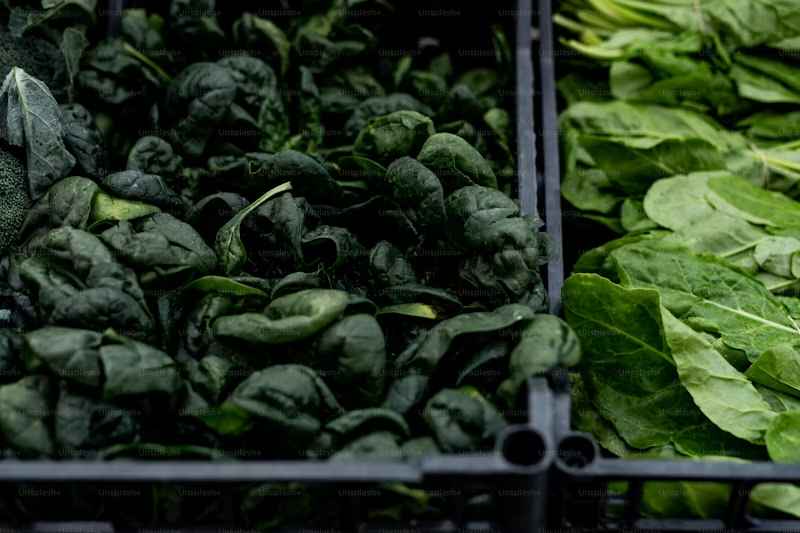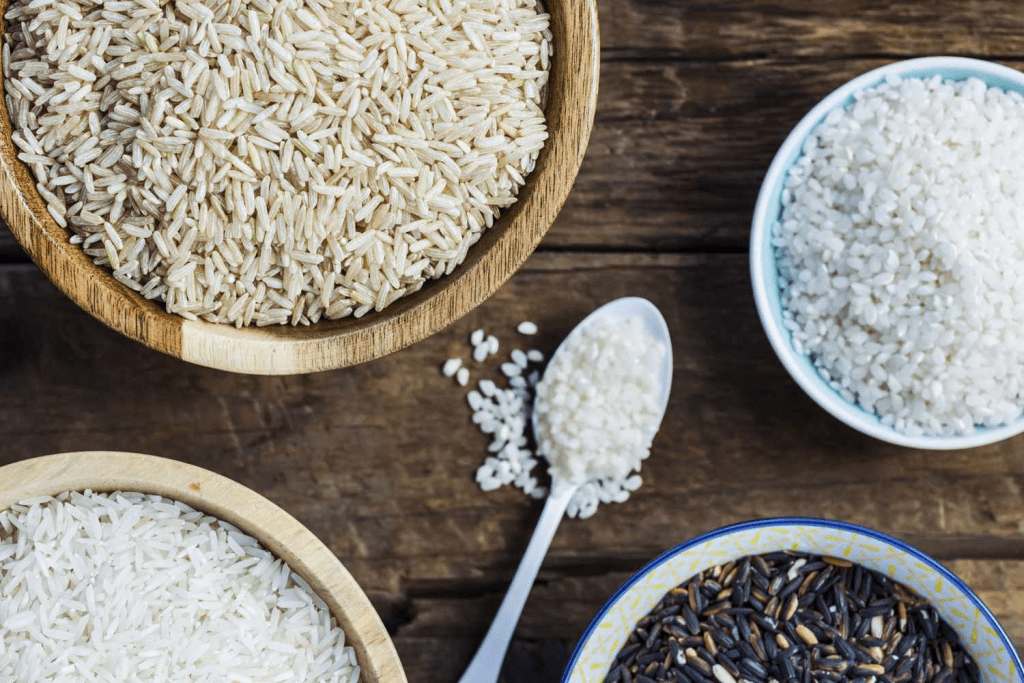When you think of food poisoning, undercooked meat or seafood might be the first culprits that come to mind. However, the food most likely to cause foodborne illnesses is actually one of the healthiest food groups out there — leafy greens. Surprised? Let’s explore why these nutrient-rich vegetables are more hazardous than you’d expect and look at other common food poisoning offenders.
The Unexpected Culprit: Leafy Greens

Leafy greens like lettuce, spinach, and kale are often praised for their health benefits, but they have also been linked to a high number of foodborne illness cases. According to reports, from 2017 to 2022, leafy greens were responsible for 614 illnesses and 50 recalls in the U.S. Contaminants like E. coli and Listeria were the primary offenders, often stemming from contaminated water sources or improper handling during processing.
While washing leafy greens before eating them helps, it’s not always enough to eliminate harmful bacteria. Contamination can occur at the farm level, particularly when water used for irrigation is polluted, often by nearby livestock farms. Additionally, pre-packaged salads, which go through multiple stages of processing, are more susceptible to contamination during packaging.
Why Are Leafy Greens So Vulnerable?
Leafy greens are particularly vulnerable to contamination due to the way they are grown, harvested, and processed. Unlike many other foods, greens are typically eaten raw, which means that harmful bacteria like Salmonella, E. coli, and Listeria are not killed off by cooking. This lack of heat treatment makes them more likely to carry pathogens.
Another reason leafy greens are often linked to foodborne illnesses is the complexity of the supply chain. From the field to your plate, there are multiple points where contamination can occur, whether from unclean water, handling by workers, or improper storage.
Fruits Can Be Just as Risky
Surprisingly, fruit, especially melons and pre-packaged fruit salads, is another food group prone to contamination. Cantaloupe and watermelon, for example, are known to harbor Listeria on their rough skins. The rough texture provides an ideal environment for bacteria to thrive, making it difficult to clean properly.
Between 1973 and 2011, melons were responsible for 34 reported outbreaks in the U.S., leading to 46 deaths. Similarly, frozen and fresh berries have been linked to hepatitis A outbreaks due to unsanitary harvesting and processing conditions.
The Hidden Risk in Rice

Rice may not seem like a likely food to cause food poisoning, but uncooked rice can harbor Bacillus cereus, a bacterium that produces toxins that can survive the cooking process. If cooked rice is left out at room temperature, these spores can multiply, leading to foodborne illness.
To reduce the risk of getting sick from rice, it’s crucial to refrigerate it promptly after cooking and reheat it thoroughly before consuming it.
Deli Meats: A Common Food Poisoning Offender
Though not as surprising as leafy greens or fruit, deli meats still pose a significant risk for foodborne illness. Products like ham, salami, and hot dogs can harbor bacteria such as Listeria, which thrives in cold environments, even in the refrigerator. This makes cold deli meats especially dangerous, as Listeria can grow even at low temperatures.
Contamination in deli meats often occurs during processing or packaging. To minimize the risk, store deli meats properly and ensure they are thoroughly heated before eating, particularly for pregnant women, the elderly, and those with weakened immune systems.
Unpasteurized Dairy: A Dangerous Choice

While many people enjoy raw milk for its purported health benefits, it is far more likely to cause food poisoning than its pasteurized counterparts. Unpasteurized dairy products can harbor harmful bacteria like Salmonella, E. coli, and Campylobacter, which can lead to severe illness.
In fact, unpasteurized milk is at least 150 times more likely to cause foodborne illness compared to pasteurized dairy products. Always opt for pasteurized milk, cheese, and other dairy products to reduce your risk of contracting a serious bacterial infection.
Seafood: Watch for Toxins
Fish and shellfish are another food category where food poisoning can occur, especially if not stored or cooked properly. Fish can produce histamine if not kept at the correct temperature, leading to scombroid poisoning, one of the most common forms of foodborne illness. Additionally, shellfish like oysters and mussels can accumulate toxins produced by harmful algae, which can cause illness if consumed raw or undercooked.
To avoid foodborne illness from seafood, always store fish at the proper temperature, cook shellfish thoroughly, and be cautious when consuming raw fish, especially in sushi.
How to Reduce Your Risk of Food Poisoning

While foodborne illnesses are common, there are several steps you can take to minimize your risk:
- Wash Your Hands: Always wash your hands thoroughly before preparing or consuming food. This helps prevent the spread of bacteria.
- Rinse Fruits and Vegetables: Rinse produce, even if it will be peeled, to remove potential contaminants from the surface.
- Store Food at Safe Temperatures: Refrigerate perishable items like dairy, meat, and seafood at appropriate temperatures to prevent bacterial growth.
- Avoid Cross-Contamination: Use separate cutting boards and utensils for raw meat and vegetables to reduce the risk of spreading bacteria.
By following these simple guidelines, you can enjoy your favorite foods while significantly reducing your chances of contracting a foodborne illness.
Conclusion: Stay Cautious, Stay Safe
It’s surprising that some of the healthiest foods, like leafy greens and fruits, can be leading causes of foodborne illness. But with the right precautions, you can continue to enjoy these nutritious foods safely. Remember, food poisoning is preventable, and being aware of the risks associated with different foods can help you make better decisions in the kitchen.


